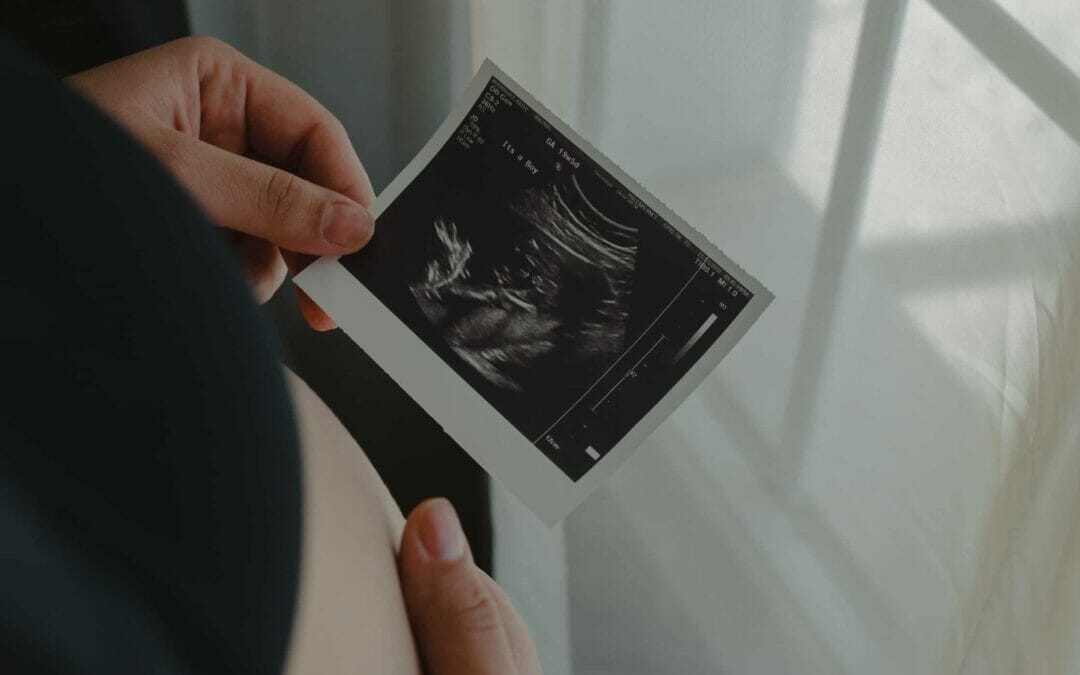There are many different types of tests pregnant women have available to them to verify the health of their baby. Most of these tests are meant to detect a child’s risk of birth defects such as Downs syndrome. While every mother wants her child to be healthy, there has to be a balance struck between the tests done and the risk of miscarriage.
The majority of tests are performed in the second trimester for the safety of mother and baby, and there is a high incidence of false positives related to these tests. The combined first-trimester screening test is a newer type of prenatal test that can be performed in the first trimester.
Prenatal Testing
The combined first-trimester screening test, or CFTS is performed using a sample of the mother’s blood and an ultrasound in order to determine the baby’s risk of Downs syndrome and trisomy 18. A tiny pin-prick is used to get blood from the mother and then the blood is analyzed for free beta hCG and PAPP-A. Abnormal levels of the hormone and protein may indicate a higher risk of Downs syndrome.
With the help of an ultrasound or sonogram the health care practitioner can determine the risk of Downs syndrome and trisomy 18. This is completed by measuring the approximate thickness of the skin and the back of the baby’s neck.
Advantages
The CFTS test is much safer than other early pregnancy tests such as Chorionic villus sampling and amniocentesis. At the same time there is a high rate of false positives associated with the CFTS, which can be stressful to the parents and lead to unnecessary testing to confirm a false diagnosis.
Since CFTS uses maternal blood and ultrasound it poses no risk to the developing fetus. Additionally it can be performed as early as 10-11 weeks, which is much earlier than other tests and can provide a measure of reassurance o parents who are worried about chromosomal defects. If a positive result is returned the parents have a lot more time to make choices about how they would like to proceed.

